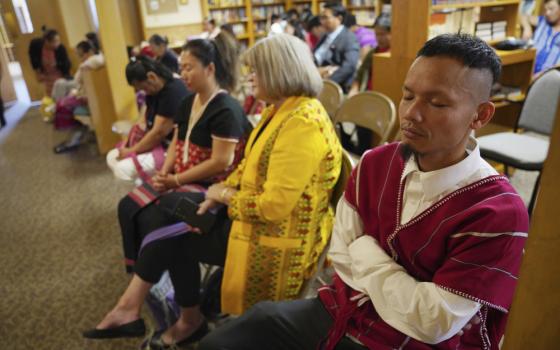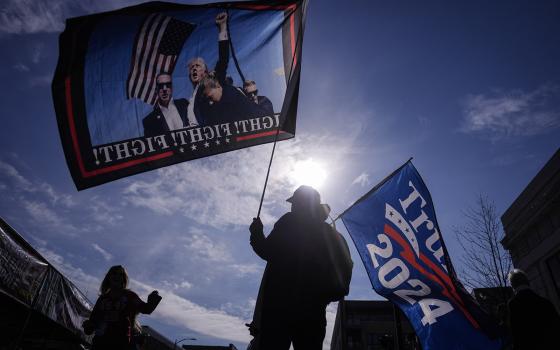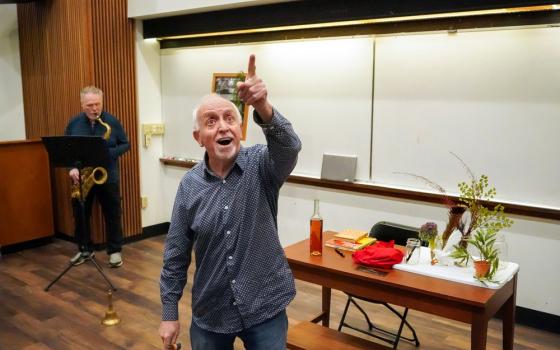VATICAN CITY -- Reconciliation talks between the Vatican and the Society of St. Pius X have not reached their conclusion but will continue, the Vatican said Wednesday, after members of its doctrinal congregation examined the latest communication from the head of the breakaway traditionalist group.
"Some observations were formulated which will be kept in mind in further discussions," said Jesuit Fr. Federico Lombardi, Vatican spokesman, following a meeting of the Congregation for the Doctrine of the Faith.
Those observations regarded the SSPX's official response to a "doctrinal preamble," prepared by the Vatican in September, outlining "some doctrinal principles and criteria for the interpretation of Catholic doctrine necessary to guarantee fidelity" to the formal teaching of the church, including the teaching of the Second Vatican Council.
The response was submitted in April by Bishop Bernard Fellay, the society's superior general. While Fellay has been generally positive about the possibility of reconciliation with Rome, leaked letters show the society's three other bishops have had serious reservations about the process.
"In consideration of the positions taken by the three other bishops of the Society of St. Pius, their situation will have to be treated separately and individually," Lombardi said in a statement.
In addition to the hesitancy of the three bishops to support fully Fellay's efforts, Lombardi said, Bishop Richard Williamson's public denials of the Holocaust and anti-Semitic statements also would require discussions separate from those of reconciliation with the SSPX as a whole.
"It is not that this is a process that necessarily will reach a solution that embraces all the positions" found among all the SSPX members, Lombardi said.
Even if the SSPX as a whole is reconciled with Rome, he said, "the individual bishops each must make a commitment" to full communion with Rome. "It's not as if there will be one solution that automatically extends to all."
Many observers of the process had expected the Wednesday doctrinal congregation meeting to mark the penultimate step in the reconciliation talks. It appeared that congregation members would review Fellay's response and forward their opinions about it to Pope Benedict XVI for his final action.
Lombardi, however, said officials at the doctrinal congregation informed the pope of the results of the day's meeting but did not believe the reconciliation process was nearing its end.
"Obviously, the decision is in the pope's hands" and he can act when and how he wants, "but despite how it may have seemed -- that we were talking about a brief amount of time -- it is a process that continues," Lombardi said.
"It would be premature to guess when the process will end," he added.
Pope Benedict's latest efforts to bring about reconciliation with the traditionalist group began when he lifted the excommunications imposed on Fellay and other SSPX bishops after they were ordained without papal permission. The pope also established a Vatican committee for doctrinal talks with society representatives in 2009, and drafted the "doctrinal preamble" to explain the "minimal, essential" elements on which the society would have to agree for full reconciliation, Lombardi had said.



